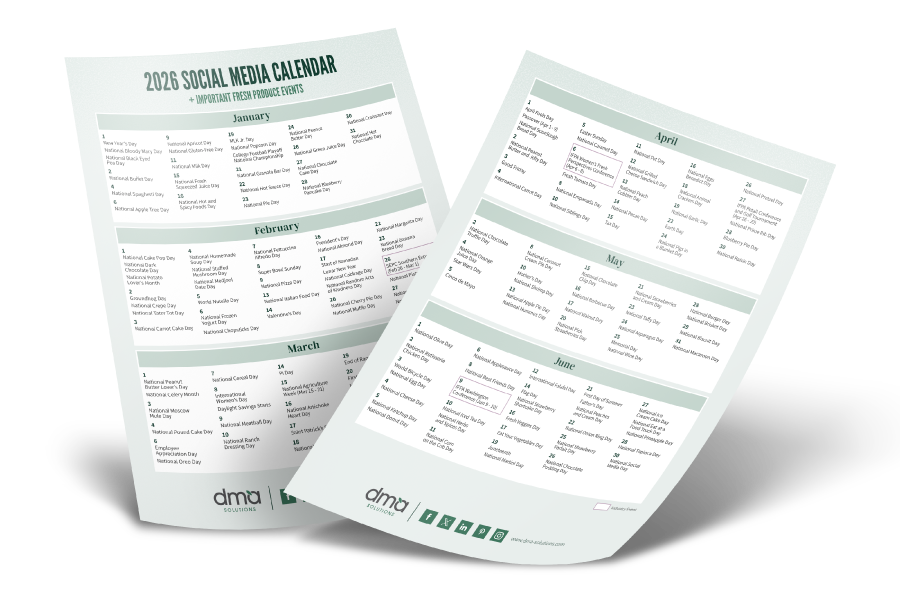 Guest Blog Post Written (Originally Posted on April 17, 2015) by Nikki Rodoni, Founding principal of Measure To Improve, LLC (MTI)
Guest Blog Post Written (Originally Posted on April 17, 2015) by Nikki Rodoni, Founding principal of Measure To Improve, LLC (MTI)
Sustainability isn’t a new concept for our industry. In fact, sustainability has always been a part of the DNA of most farming/processing operations – we just haven’t always communicated our efforts very well in our marketing.
The reality is that our industry has long been making widespread efforts to improve resource consumption through increased efficiencies – being able to produce more with less, taking good care of our employees and simply staying in business by innovating along the way.
More and more though, sustainability is becoming an important differentiator in the marketplace. Our industry’s challenge comes in defining our sustainability stories and organizing them in a way that resonates with buyers and consumers as well as other internal and external stakeholders. And remember to start big picture as you begin to organize. Sustainable agriculture is all about – People, Planet and Profitability:
- People: We are striving for social equity in the quality of life for farmers, farm families and our communities.
- Planet: We are all stewards of the environment and we must preserve the resources that will sustain our planet for generations to come.
- Economic Profitability: If it isn’t profitable, it isn’t sustainable.
If told in a way that is verifiable and credible – without “green washing”, your sustainability story will become an important element of your company’s identity and add significant value to your brand. This means you must be proactive and transparent rather than waiting for reporting to be mandated, and you must measure and validate the continuous improvements you are making as you strive to be more resourceful with what you have.
Although it is true that commanding a price premium for sustainability is difficult, it still offers ample returns. It forces us to evaluate aspects of the operations that lead to increased efficiencies and lower operating costs. It is also an opportunity to boost morale among employees who like to be a part of a company the “does the right thing”. And last, but certainly not least, your sustainability measures will be instrumental in retaining and expanding customer relationships.
Sustainability can and will be a compelling story that your customers and employees want to be a part of!
-Nikki Rodoni

Nikki Rodoni is a recognized leader in the produce industry known for building successful sustainability programs and implementing innovative solutions. Nikki’s professional career has always been about building synergy between the three crucial aspects of a successful agriculture business: People, Planet, and Profit. Currently, Nikki is the Founding principal of Measure To Improve, LLC (MTI), which seeks to help agricultural producers and processors measure, improve and credibly promote their sustainability efforts. Learn more here.

